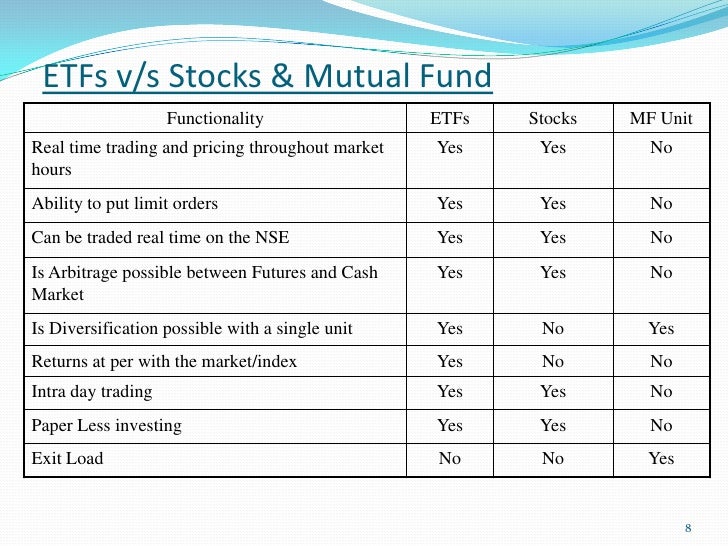Large Money Managers Suffer Bruising Quarter...This all can be explained in three words....Exchange Traded Funds.
Large Money Managers Suffer Bruising Quarter
This all can be explained in three words....Exchange Traded Funds.
Just do the math , instant liquidity and miniscule fees as opposed to an alphabet soup of fees and at best, sporadic, punitive liquidity .
If this is a problem for the mutuals imagine what it means for the Hedgies.As Calpers has already realized you cannot generate near enough alpha to support a 2 and 20 fee structure. Furthermore what does this portend for the servicers and lenders to this over bloated sector?Goldman Sachs ...last sale 182 ,look out below! Edward Strafaci
Large money managers were bruised in the third quarter by market declines and investor outflows, the latest sign of the ills afflicting the U.S. mutual-fund industry.
A round of quarterly reports, released Thursday, included Franklin Resources Inc.’s largest investor withdrawal in more than a dozen years. But shares of the company and smaller rivals Janus Capital Group Inc., T. Rowe Price Group Inc. and AllianceBernstein Holding LP rose from 3.5% to more than 6%.
Even so, shares of many asset managers remain down for 2015, and many analysts said the investor shifts that have hit results will likely continue to hamper the firms. Short interest, reflecting bets that share prices will fall, have risen this year at both Franklin and T. Rowe Price.Short sellers, investors who borrow shares and sell them in a bid to benefit from expected stock-price declines, likely helped fuel the gains by covering their bearish bets amid a marketwide rally driven by signs that the European Central Bank will likely expand stimulus this year.
All three firms manage mutual funds at a time when cheaper, “passive” strategies such as index funds have been gaining ground. Franklin was also hit by a sharp decline in the latest quarter in emerging markets, an area where the firm has large exposure through its Templeton Global Bond Fund.
Mutual-fund firms “will likely continue to be challenged” by soft global growth and volatile markets, said Michael Kim, an analyst at Sandler O’Neill + Partners. “You’re going to see investors continue to be very uncertain and lack conviction in terms of risk appetite.”
Franklin, the parent company of Franklin Templeton Investments, said assets under management were $770.9 billion as of Sept. 30, down $95.6 billion, or 11%, from the previous quarter. The figure reflects asset-price declines and investor withdrawals.

Net income at the San Mateo, Calif., firm fell 44% to $358.2 million, or 59 cents a share, from the year-ago $640.6 million, or $1.02 a share. Revenue fell 13%, to $1.87 billion.
During the quarter, the company’s fiscal fourth period, investors pulled $28.6 billion from Franklin’s fixed-income and stock mutual funds, the largest quarterly outflow since at least 2002, said Mr. Kim.
In the 12 months ended Sept. 30, investors pulled $48.8 billion from Franklin’s funds.
“Fiscal 2015 was challenging in many respects,” Greg Johnson,Franklin’s chairman and chief executive, said on a conference call Thursday. “Risk aversion spiked alongside volatility, resulting in underperformance of economically sensitive stocks, the continued decline in emerging-markets equities and currencies, and one of the longest commodity routs on record.”
One investor who held a short position in Franklin said the decline in assets under management was higher than anticipated, and some investors had expected outflows as low as $16 billion for the quarter. Franklin’s stock rose $1.84, or 4.9%, to $39.78, in 4 p.m. trading.
“There were a fair amount of investors that were short the stock, and some investors used the [earnings] opportunity to cover their short positions,” Mr. Kim said.
A Franklin spokesman declined to comment on the firm’s stock-price movement.
The combination of soft results, outflows and rising shares was repeated at Janus Capital and T. Rowe Price.

At Janus, the Denver-based money manager with $185 billion in assets under management, investors pulled $3.3 billion in the latest quarter. The firm said third-quarter net income fell 51% to $19.9 million, or 10 cents a share, from $40.9 million, or 22 cents a share, a year earlier. Revenue rose 16% to $273.8 million, from $237 million the year earlier.
Janus’s shares rose 93 cents, or 6.5%, to $15.20. A Janus spokeswoman declined to comment on the stock movement.
Assets at T. Rowe Price sank $47.5 billion from the previous quarter to $725.5 billion. Investors pulled $700 million during the quarter. Net income for the quarter fell 8.8% to $277.1 million, or $1.06 a share, from the year-earlier $303.6 million, or $1.12 a share. Revenue increased 3%, to $1.05 billion.
T. Rowe Price’s shares rose $4.61, or 6.6%, to $74.25.
“When the market’s down as it was, that obviously impacts our assets under management,” said T. Rowe Price CEO James A.C. Kennedy.
At AllianceBernstein, assets dropped to $462.9 billion, as investors pulled $2.4 billion. Net income fell 3.2% to $42.7 million, or 43 cents a share, from $44.1 million, or 45 cents a share, in the year-ago quarter. Revenue fell 1.5%, to $738.7 million. The company’s stock gained 93 cents, or 3.5%, to $27.32. A spokesman for AllianceBernstein declined to comment on the stock moves.
Many asset managers have been hit this year, in part because of market volatility over the summer. Franklin’s stock is down 28% for 2015, while T. Rowe Price is down 13% and Janus is off 5.4%. AllianceBernstein is up 4.7% year to date.
—Matt Wirz contributed to this article.
Write to Kirsten Grind at kirsten.grind@wsj.com
